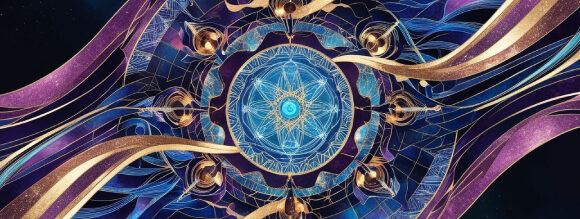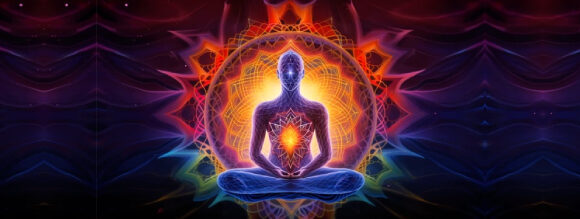How often during the day do we think about our feet? Generally not often unless they are hurting, “my feet are killing me” and then we do something.
What if we were to work on prevention rather than cure, by looking after our feet? With our yoga practice, the feet play a vital part for grounding and rooting, as well as for balance and equilibrium. In a spiritual context we connect to mother earth, the divine or whatever form of god we choose.
There are many ways one can take care of feet, namely correct shoes, diet, exercise and regular pedicures either at home or by a therapist.
From a reflexology point of view, the treatment will balance and energize both the feet and the body, boost the immune system, improve circulation and cleanse toxins from the body. It will also help induce a state of relaxation which is so vital in our modern world with prolonged exposure to stress.
So what exactly is reflexology? It is a very effective form of therapeutic foot massage which treats the person as a whole, not looking at isolated symptoms. By utilizing specific thumb and finger techniques, responses are triggered in corresponding parts of the body. The feet are a perfect microcosm of the body and contain reflexes for the entire body.
Reflexology is thought to have originated in China many years ago at about the same time as acupuncture and then found its way into the west and adapted. Doctor William Fitzgerald and Eunice Ingham are acknowledged for their work in promoting modern reflexology.
Again there are different schools of thought where meridians are also used, but the basic reflexology treatment maps the different organs in the body, dividing the foot into 3 sections, the fourth being the heel.
The top part of the foot from the toes to the diaphragm represents the eyes, ears, nose, brain, heart and lungs, amongst others.
The middle section from the diaphragm to the waistline, represents the internal organs including the pancreas, liver, spleen and stomach.
The third section from the waist line to the heel represents the colon, small intestines, kidneys, bladder and sexual organs.
The fourth section, the heel, does not represent any organs.
It is not the reflexologist’s job to diagnose, prescribe any medications or treat for any specific condition. Instead he/she aims to improve nerve and blood supply, relax tension in the patient and help nature normalize and balance the whole body.
Denise Suttie
Denise is a yoga instructor with a studio in Mondeor, Johannesburg South. Denise also offers Reflexology treatments
Contact details: Denise Suttie
Cell phone: 0737681865
Email: denisesuttie @ yahoo.co.uk.








